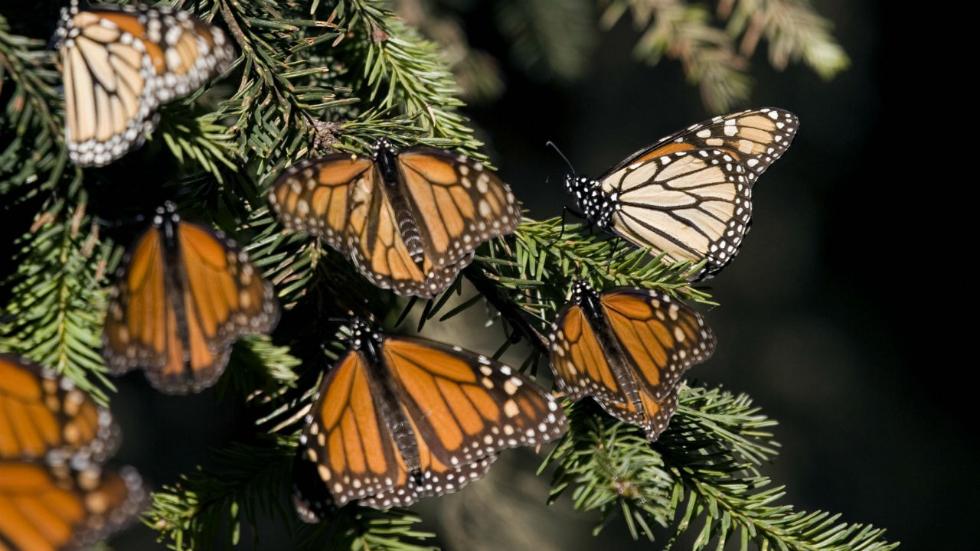Tens of thousands of monarch butterflies that should be in Texas by now, en route to their wintering grounds in Mexico, are still in the northern U.S. and Canada, their migrations delayed due to above-average temperatures and strong winds this fall.
After weeks of warmer-than-usual weather, temperatures from the Great Lakes to New England are beginning to fall. Monarchs’ muscles stop functioning correctly when temperatures are in the 50s, so scientists warn that unless the butterflies start their 3,000-mile journey south soon, many of them may end up stuck up north and die.

Normally in Texas at this time of the year, an impressive number of Monarch butterflies have been paralyzed in their yearly migration due to anomalous weather events in the last two months.
After weeks of warmer-than-usual weather, temperatures from the Great Lakes to New England are beginning to fall.
Monarchs’ muscles stop functioning correctly when temperatures are in the 50s, so scientists warn that unless the butterflies start their 3,000-mile journey south soon, many of them may end up stuck up north and die.
Even if they do leave now, many of the plants they eat along the way will be gone by the time they reach them, making starvation a real threat.
Last year in Mexico, millions of Monarch butterflies died frozen during snowfalls recorded in El Rosario, their largest sanctuary in Michoacán.
Monarch populations have been in decline for years, plummeting from 1 billion to 33 million in just two decades.











